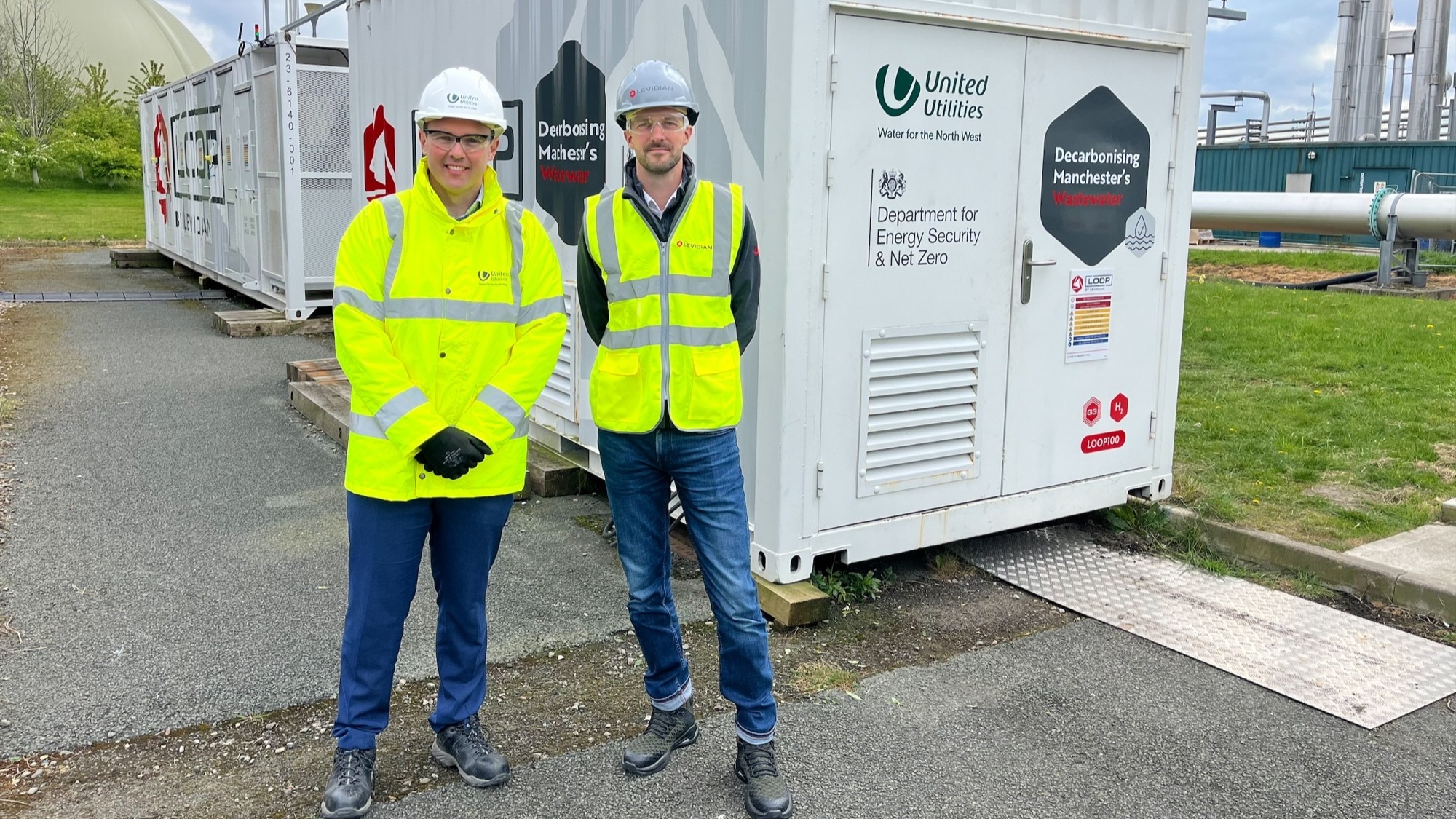Innovative Project in Manchester Turns Sewage Waste into Clean Hydrogen and Graphene
Key Ideas
- Gas from sewage waste is used to produce clean hydrogen and super-material graphene at United Utilities' wastewater treatment works in Manchester.
- The project, supported by the UK government's Hydrogen BECCS Innovation Programme, aims to produce up to 75,000 tonnes of hydrogen annually, contributing significantly to the UK's net zero transition.
- The graphene produced can have various applications, including in improving tire longevity, reducing the carbon footprint of concrete, enhancing battery and solar panel performance, and creating cut-resistant fibers.
- The collaboration between United Utilities and Levidian highlights the potential for sewage waste to be a sustainable feedstock for hydrogen production, playing a crucial role in decarbonizing the region and achieving a circular economy.
In a groundbreaking initiative, United Utilities, in partnership with Levidian, is implementing a revolutionary project at the Manchester Bioresources Centre to convert gas from sewage waste into clean hydrogen and graphene. The innovative trial, backed by the UK Department for Energy Security and Net Zero's Hydrogen BECCS Innovation Programme, utilizes Levidian's LOOP device to split methane gas into hydrogen and carbon, producing graphene as a byproduct. The generated hydrogen and graphene offer diverse applications, ranging from sustainable fuel for industrial processes to enhancing various material properties.
The project showcases the potential of utilizing biogas from wastewater as a sustainable source to produce significant quantities of hydrogen annually, contributing to the UK's ambitious net zero target. United Utilities' Bioresource and Green Energy Director, Tom Lissett, emphasizes the importance of leveraging sewage waste as a renewable energy feedstock and acknowledges the project's role in advancing the hydrogen network in the region.
Levidian's CEO, John Hartley, envisions the project driving down the cost of hydrogen production, crucial for achieving the UK's net zero commitment by 2050. The collaboration aims to scale up hydrogen production at Davyhulme and other sites in the North West, demonstrating a strategic move towards a more sustainable and circular economy. This pioneering initiative not only showcases innovation but also highlights the transformative potential of harnessing waste resources for clean energy and material production.
Topics
Homes
Renewable Energy
Innovation
Sustainability
Research
Carbon Capture
Wastewater Treatment
Climate Tech
Circular Economy
Latest News
